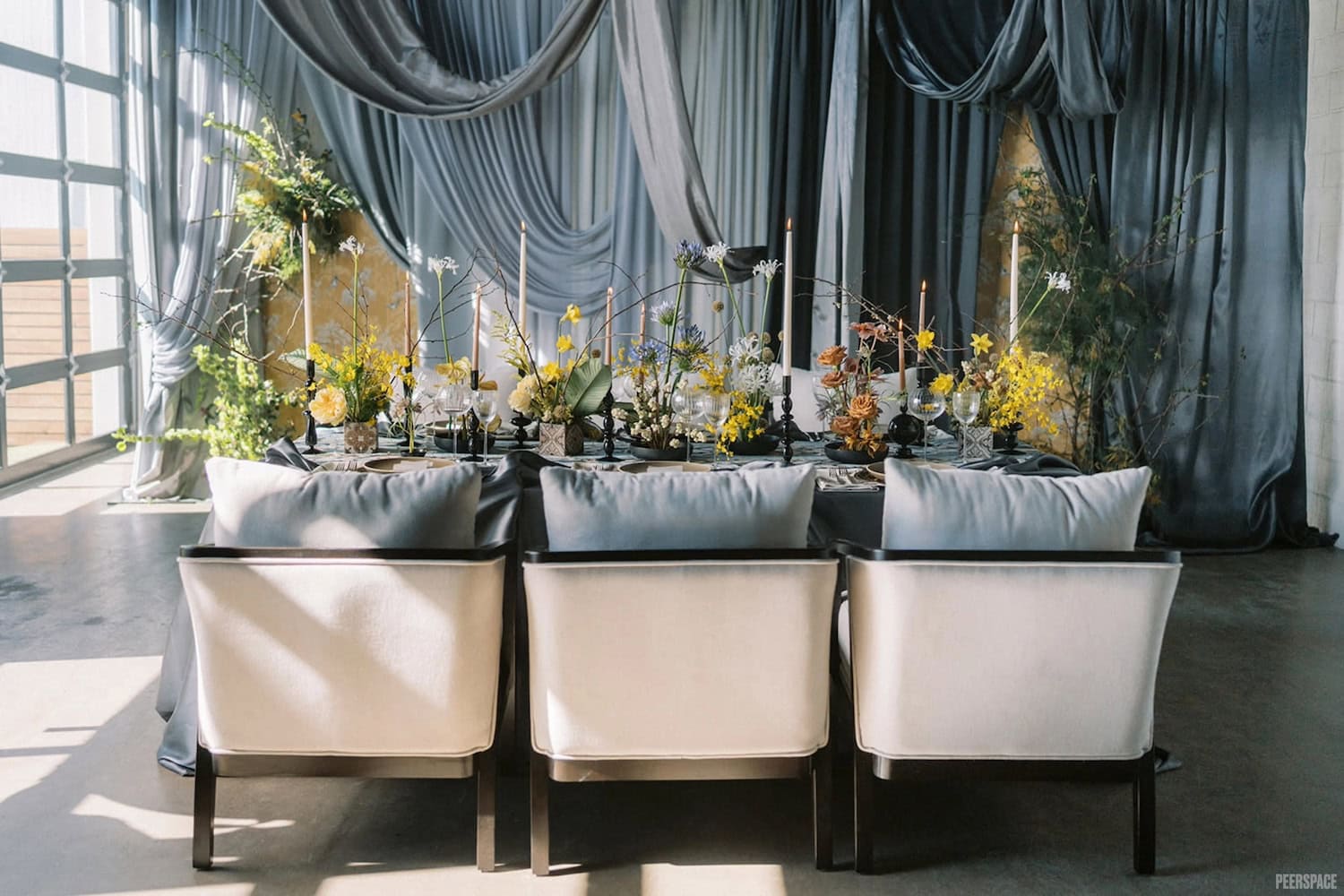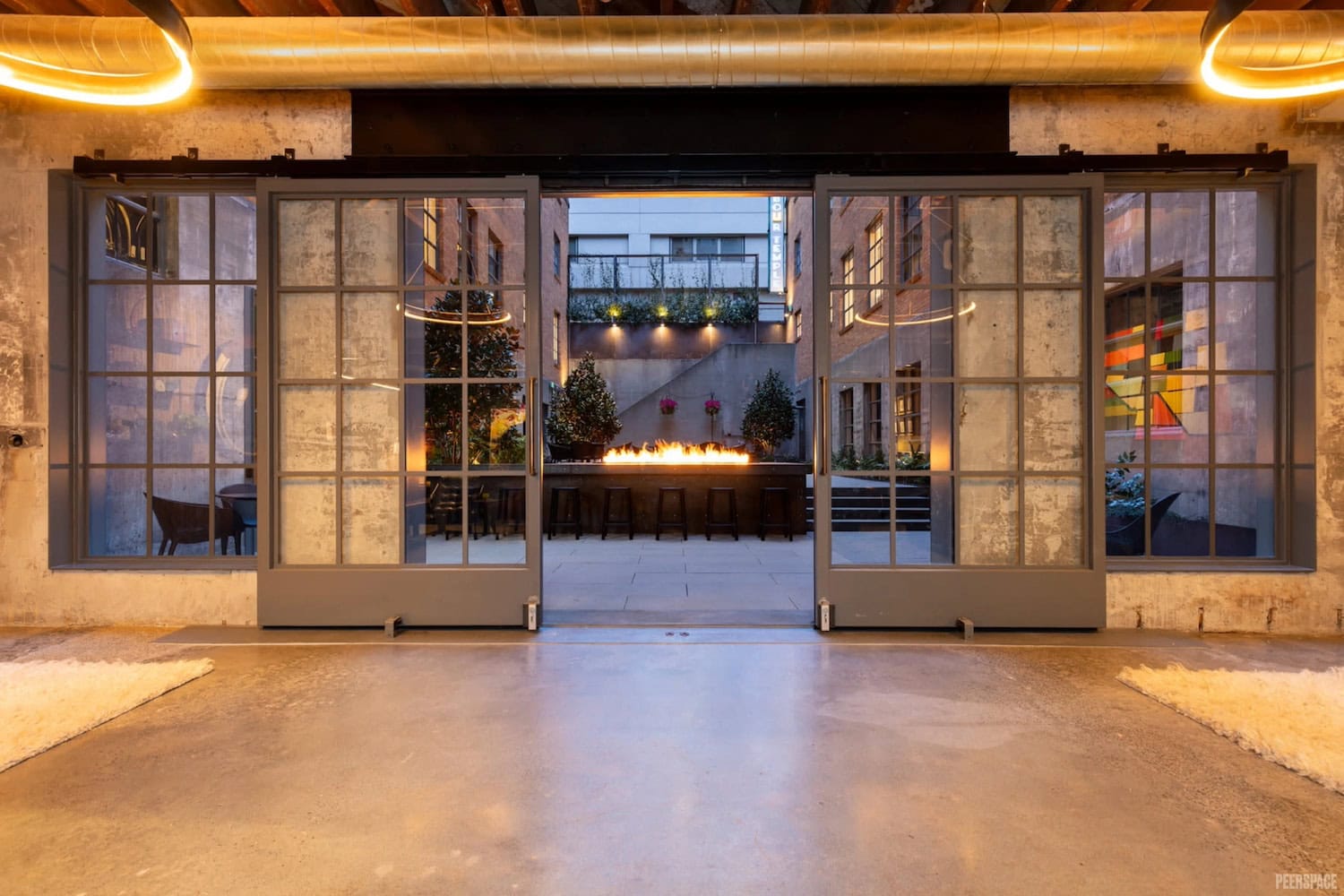Who to Invite to a Bar or Bat Mitzvah
-
 Edited by Alexis Shiraki
Edited by Alexis Shiraki
Lead Editor & Publisher
- March 2, 2025
- 7 min read
- Events
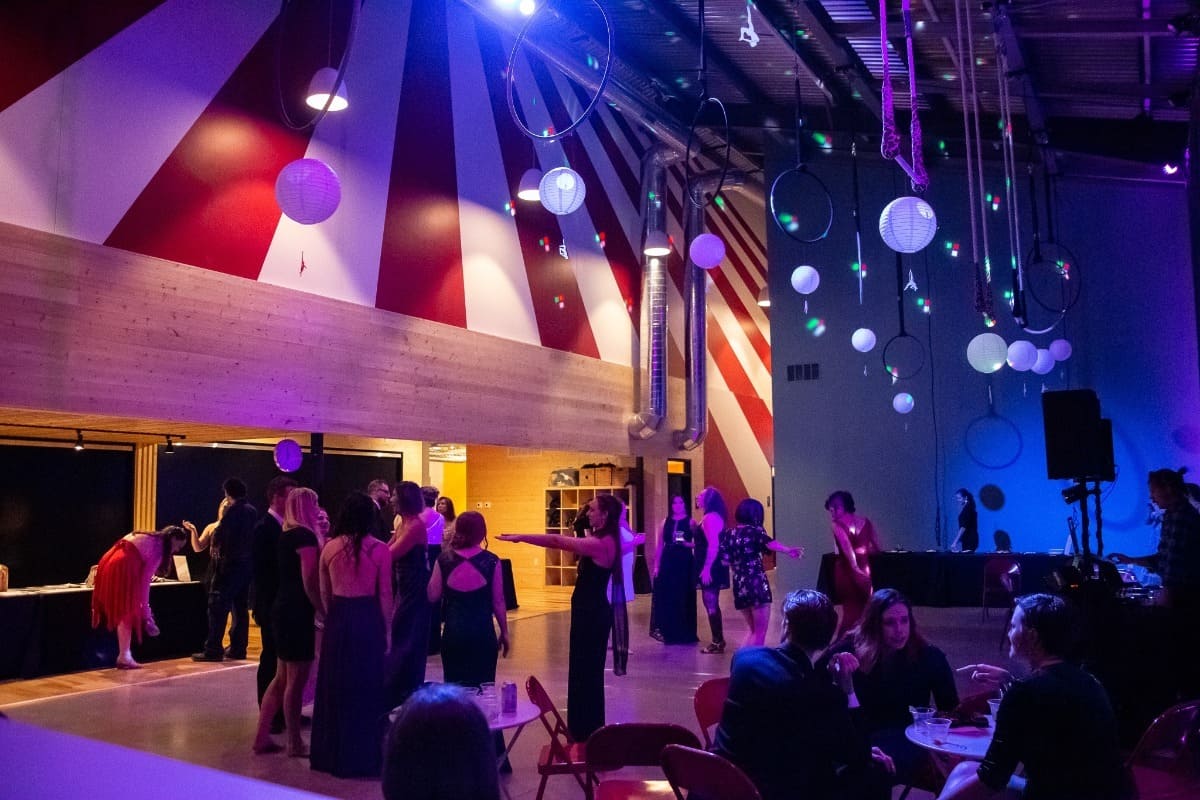
Source: Peerspace
Planning a Bar or Bat Mitzvah is an exciting milestone, but creating the guest list? That can feel like navigating a maze. Who do you invite to celebrate this special occasion in your child’s life? How do you balance family obligations, social circles, and event logistics?
This guide will walk you through everything you need to know when creating a Bar or Bat Mitzvah guest list. From traditional must-invites to modern considerations for interfaith families, you’ll learn how to craft a guest list that truly reflects your child’s big moment. Plus, we’ll share tips for managing RSVPs and keeping costs under control.
Table of Contents:
- Core Guests
- Your Child’s Friends
- Your Close Friends
- Community and Mentors
- Extended Family
- Interfaith Considerations
- Managing the Guest List
Core Guests: Immediate Family

When it comes to Bar or Bat Mitzvahs, immediate family members sit at the heart of the celebration. Grandparents, parents, and siblings are essential invitees, not just to honor the religious ceremony but also because they’ve supported the child’s preparation for this significant milestone.
Aunts, uncles, and cousins often round out this core group. Depending on your family dynamic, you might extend invitations to both close relatives and those with whom you share fewer day-to-day interactions. Don’t forget, grandparents might have special friends they’d like to invite too—offering them one table of their own can be a great compromise.
Your Child’s Friend Group

Including the friends your child sees every day is vital to making their Bar or Bat Mitzvah memorable for them. Begin with their closest friends, such as those they share classes, sports teams, or clubs with.
But what about acquaintances? A good rule of thumb is to invite the entire group if your child belongs to a tight-knit team, club, or other social circle. This reduces the risk of hurt feelings and ensures inclusivity. For younger guests, parents of the invitees don’t necessarily have to attend. Kids are often comfortable attending a structured event, particularly if they know others on the guest list.
Pro Tip: If budget or space constraints are an issue, consider inviting school friends just to the celebration, rather than both the religious ceremony and reception. Make this choice clear with RSVP options.
Your Personal Circle

A Bar or Bat Mitzvah isn’t just significant for the child—it’s a profound occasion for the parents, too. Your closest friends, especially those who’ve seen your child grow up, will want to be part of the celebration. If your inner circle includes professional colleagues or clients who know your child personally, they might also be great additions.
Here’s how to decide: Is this person someone you enjoy spending time with outside of work or formal occasions? Have they built a relationship with your child? If the answer is yes, you might consider them for your guest list.
Community and Mentors
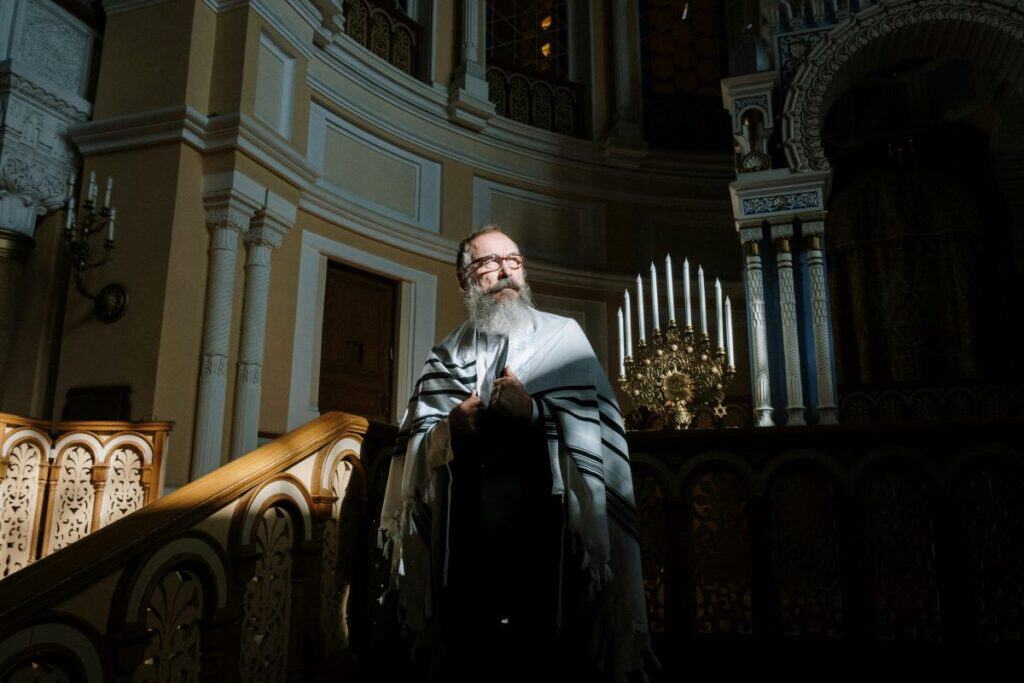
Bar and Bat Mitzvah ceremonies are steeped in community and tradition, so including meaningful connections from your synagogue or local Jewish community is customary for many families.
Start with your rabbi, cantor, or other religious leaders who’ve guided your child through months of preparation. While they may not always attend, inviting them is a thoughtful gesture. Teachers and tutors who’ve played critical roles in your child’s education, such as Hebrew instruction, are also wonderful additions.
Additionally, think about inviting mentors and coaches—anyone who’s shaped your child’s development. If space is limited, consider inviting them to the ceremony and luncheon rather than the reception.
Extended Family and Friends of Family

If budget and venue capacity allow, you can expand the guest list to include extended family and close friends of your relatives. For example, grandparents may wish to invite lifelong friends or members of their synagogue. These guests add a sense of community and history to the event.
Pro Tip: When considering extended family and friends of family, think practically. Does your child have a relationship with these people? Are they an important part of the larger family narrative? Use these questions as your guide.
Interfaith Considerations

For interfaith families, deciding whether to invite non-Jewish friends and relatives can feel a little uncertain, but here’s the short answer: everyone is welcome. Bar and Bat Mitzvahs are moments of joy and connection, and inviting non-Jewish family and friends allows them to share in this important milestone.
If guests are unfamiliar with Jewish ceremonies, include a note in your invitations explaining what to expect—from attire (formal yet modest is best) to rituals. It’s also helpful to clarify that guests don’t need to actively participate in worship to attend the religious service.
Make it clear that attending either the ceremony, celebration, or both is perfectly acceptable. Providing RSVP options makes this flexibility seamless.
Managing the Guest List and RSVP Process

Crafting a guest list isn’t just about who to invite—it’s also about ensuring your event runs smoothly. Here are key tips to balance budget, logistics, and inclusivity:
1. Use RSVP options wisely
Provide clear RSVP options for guests to attend either the ceremony, the reception, or both. For example, classmates of the honoree may prefer to join the celebration rather than sitting through the service.
2. Understand how guest lists impact costs
Every additional guest affects crucial factors like venue size, catering costs, and seating arrangements. According to The Bash, the average cost of a Mitzvah celebration ranges from $10,000 to $40,000, with even higher expenses in major cities like New York and Los Angeles. On Peerspace, venues alone average $279 per hour to rent. For those looking to accommodate more guests, a cocktail-style reception can be a versatile alternative to a traditional seated dinner.
Pro Tip: Platforms like Peerspace offer bar and bat mitzvah venues tailored to guest capacity with transparent pricing, making it easier to choose a space that fits your vision and budget.
3. Communicate clearly
Indicate who the invitation is meant for (e.g., “Smith Family” vs. “Mr. and Mrs. Smith”). This ensures clarity around whether children or other family members are invited.
4. Create a priority list
If space or costs become concerns, create an A-list (must-invite) and a B-list (secondary guests to include if space allows). Send out first-round invitations early, leaving time to extend invites if you receive regrets from the initial group.
Keeping Tradition and Modern Flexibility in Balance
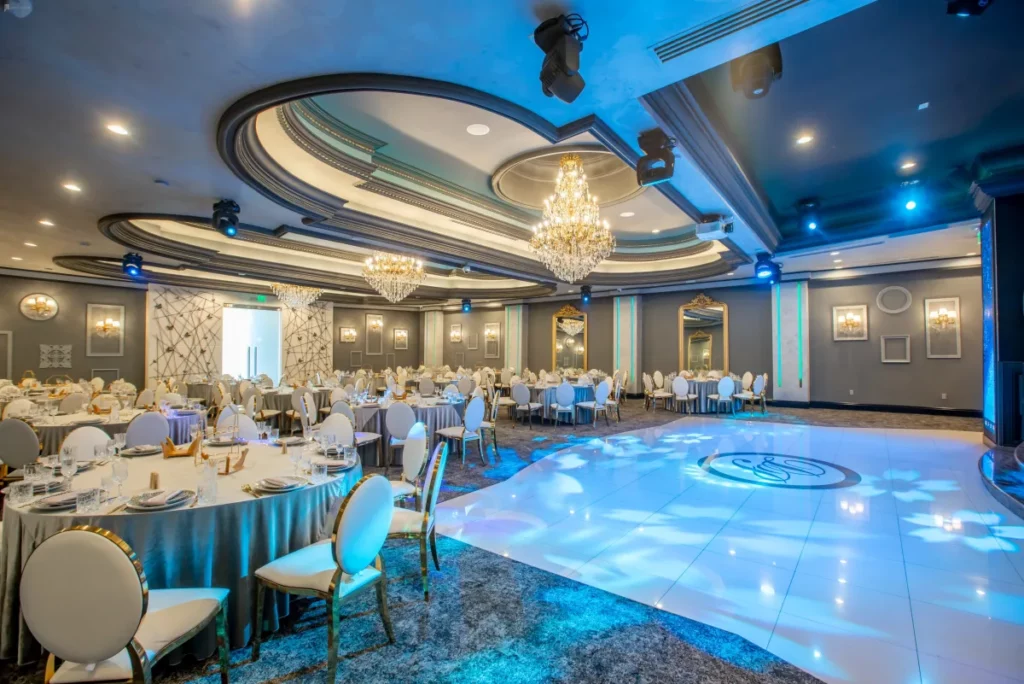
At its core, a Bar or Bat Mitzvah is more than your child’s 13th birthday party. It’s about celebrating a young person’s growth, both spiritually and personally. While traditional guidelines like inviting synagogue members, rabbis, and close family provide a solid foundation, modern celebrations offer plenty of room for personalization. Tailor your guest list to fit your child’s relationships, your family’s values, and your event’s budget.
Planning an unforgettable Bar or Bat Mitzvah guest list may feel overwhelming at first but focusing on the people who truly matter will ensure a meaningful celebration. You’re even closer to an amazing event once you find the right Bar or Bat Mitzvah venue. Peerspace has helped thousands of parents and event planners do just that.
Get together somewhere better
Book thousands of unique spaces directly from local hosts.
Explore SpacesShare your space and start earning
Join thousands of hosts renting their space for meetings, events, and photo shoots.
List Your Space



